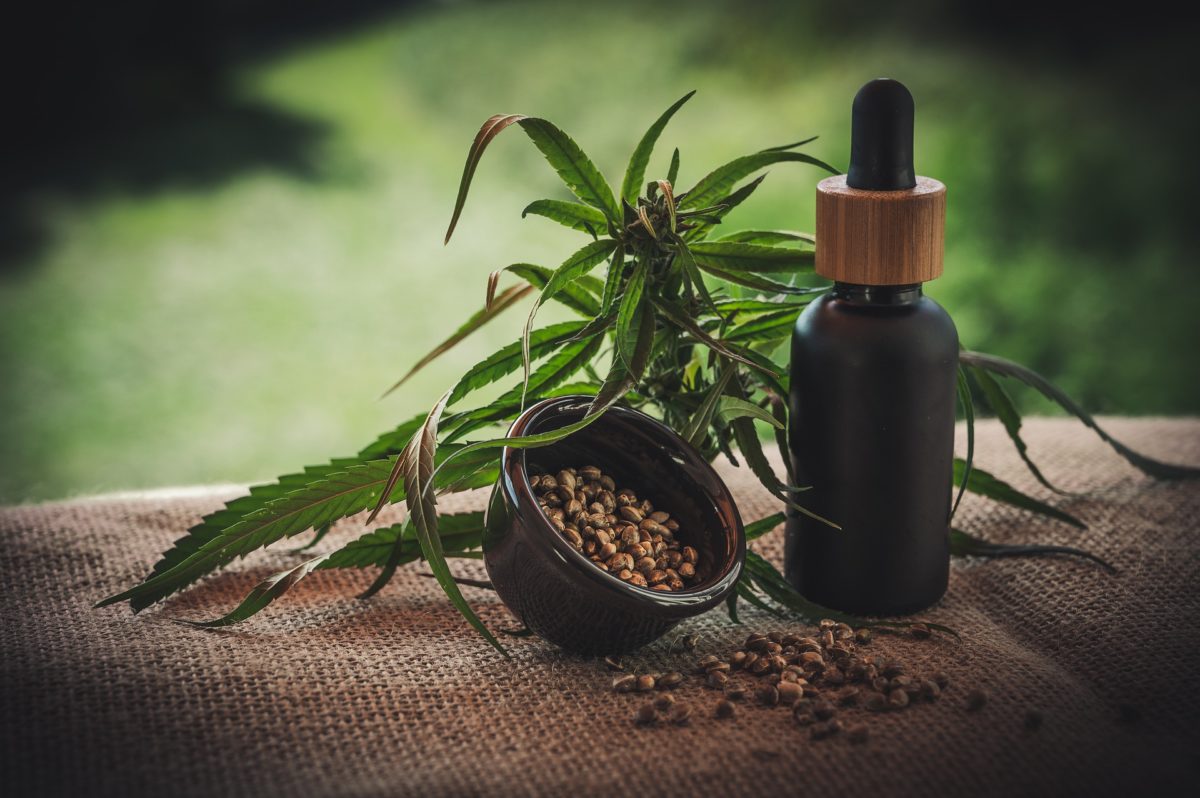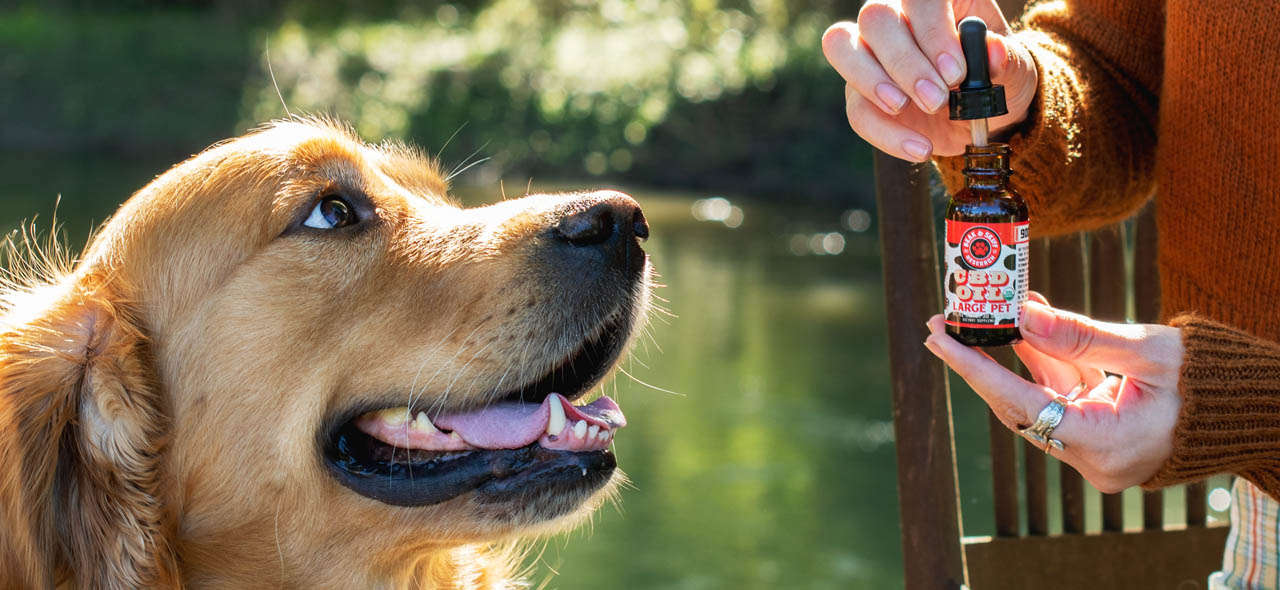
CBD coffee's legality and safety are not in question. We'll look at its potency, ingredients, and side effects. We will also cover the side effects and legality. Let's look closer at this brand-new beverage. Let's first look at the side effects that CBD oil can have. To help you decide whether this is the right choice for you, we've compiled a list of questions you might want to ask.
Potency
CBD coffee comes in different potencies. Broad-spectrum CBD coffee has 0.3% THC. Full-spectrum CBD coffee has all other plant compounds. Potency depends on how much cannabidiol you consume per cup. The recommended beginner dose is fifteen to twenty-five milligrams. Some coffee brands offer ground coffee with lower CBD content. This allows you to reap the benefits of CBD while not having to spend extra.

Side effects
Despite its calming effects, CBD coffee may not be the best beverage to take on a daily basis. CBD doesn't energize your body the same way caffeine does. CBD may actually cause withdrawal symptoms. CBD coffee users may feel a slight headache after switching to it. Consult a doctor to ensure CBD coffee is safe. Here are some side effects to CBD coffee.
Ingredients
CBD coffee is a drink that contains CBD oil. This can be a great alternative for coffee lovers that are looking to add a dose of CBD to their morning caffeine fix. CBD coffee can be made with regular coffee or hemp milk, and it is a perfect way to incorporate the health benefits of cannabis into your daily routine. If you don't have the time or desire to make CBD-infused coffee, you can easily add hemp oil into your favorite beverage. It doesn't require any special preparation. You can make it with any coffee, espresso, and drinking chocolate.
Legality
There are many questions about the legality, legality, and safety of CBD coffee. Some states make it illegal to sell CBD-derived CBD from hemp plants. CBD coffees generally speaking are legal. They don't contain THC (the psychoactive component in marijuana). It is important to verify the legality of CBD coffee before using it. To add CBD to your coffee you must purchase it from a licensed manufacturer.

Cost
CBD coffee is not inexpensive. Prices range anywhere from $10 to $50 per milligram. It is typically cheaper than CBD oil, tincture and other options, but it is still expensive. Although CBD coffee is generally from Latin America, you can also find single-origin coffees from Kenya, Ethiopian, and other countries. Before you purchase CBD coffee, make sure you read reviews.
FAQ
How can CBD products sold in a legally compliant manner by companies?
The FDA does not regulate hemp as an agricultural commodity. The FDA regulates cannabis derivatives (e.g. marijuana) under the Controlled Substances Act. CBD is not covered by any regulations.
CBD is legal in 29 states. However it is still illegal under federal law. Businesses that want to sell CBD products face uncertainty.
The FDA also sets strict guidelines about how CBD products are promoted. They must disclose the THC content of any CBD products. Companies cannot claim CBD is effective in treating certain medical conditions without supporting evidence.
The FDA also requires manufacturers to provide detailed information about their manufacturing processes and quality control measures. They also require companies to conduct clinical trials to prove safety and efficacy.
When developing their own marketing strategies, companies should take into account these points.
What CBD products do you sell most?
CBD products are becoming increasingly popular. CBD products are popular for their ability to relieve pain and anxiety. The market is big and growing fast.
But what do people buy CBD for? What does this mean for brand owners?
According to Statista CBD products are purchased for their relaxing properties. They are also being purchased for their anti-inflammatory properties.
If your product contains both CBD and THC, it can be used for medicinal and recreational purposes.
What about brands that are focused on a single purpose? For example, if a company sells CBD for stress relief, then it won't have much competition.
Furthermore, a brand who focuses on CBD-based medical uses will be able to attract a lot of customers.
A brand must have a unique selling proposition (USP) if they want to appeal to recreational users. A USP simply means a distinctive feature or benefit that differentiates a brand's competitors.
For example, some brands offer free shipping, while others offer discounts for bulk orders.
Are there any common mistakes companies make when entering the US cannabinoid marketplace?
Uncertainty about the regulations for cannabis products is the first mistake. This could be a sign that your product formulation needs to be changed.
Unskilled labeling is the second. It is important to determine if your product contains CBD or THC.
The third is how to package your product correctly. If your product does contain THC, then you must ensure that it is packaged in child-resistant containers.
If your product does not contain THC, then you should still follow all packaging laws because there are many states where cannabidiol (CBD) is legal.
It is important to track recalls of your products. Customers should be notified as soon as possible if there are any issues with their product.
What does CBD's price vary in different states?
Prices for CBD products are dependent on where you live. The prices of CBD products can vary more than tenfold depending on where they are located.
The general rule of thumb is that prices rise the farther north you travel. In Alaska, CBD is $35 per gram on average, while it costs $200 in Hawaii.
This trend is continued across the nation. Prices range from $5 to over $2,500 per gram.
Why is this happening?
The varying levels and regulations of cannabis regulation are one reason prices can vary widely. Some states require CBD products that contain very little THC, the psychoactive component of cannabis. Others don't care about the amount of THC present.
Some companies will sell their products in one place and ship to another.
Statistics
- A recent systematic review of human trials also reported that individuals with epilepsy receiving CBD (5–20 mg·kg−1·day−1) were more likely to experience decreased appetite than those receiving placebo (i.e., ~20 vs. 5% of patients) (ncbi.nlm.nih.gov)
- HR −16 mmHg; 95% CI −26, −6; I2 = 92%) (ncbi.nlm.nih.gov)
- The inhibition of FAAH is predicted to lead to an increase in brain and plasma concentrations of AEA, which acts as a partial agonist at CB1R and CB2R, thereby increasing endocannabinoid tone [92, 110]. (ncbi.nlm.nih.gov)
- The use of these products is likely to become even more widespread if the World Health Organization's recommendation that CBD no longer is scheduled in the international drug control conventions is adopted by the United Nations member states [201]. (ncbi.nlm.nih.gov)
- CBD seems unlikely to directly influence sleep in healthy humans [115] (and maybe “sleep-promoting” in those with certain comorbid conditions) (ncbi.nlm.nih.gov)
External Links
How To
How to Get Certified To Sell CBD Products
CBD (cannabidiol), one of the many cannabinoids found inside cannabis plants, is one. It's been used medicinally throughout history, including traditionally in China, India, and many South American countries. In recent years, however, its popularity has skyrocketed due to its ability to treat conditions like anxiety, pain, epilepsy, and inflammation. If you're looking to sell CBD products, however, there isn't an official certification program. At least not in the U.S.
There are two options. One way to do this is to join the local association of cannabis-business owners. This allows you to network with other owners and get advice and support. There are currently many associations across the country. Second, you can go online. Canna-businesses can now operate online in many states. If you have the permission, you can start accepting orders and set up your website. But, you still need to register with your state's Department of Public Health. Once you have been registered, you will be able apply for a state license through the department of public health. Once you have your license, it is legal to open your shop and accept orders.